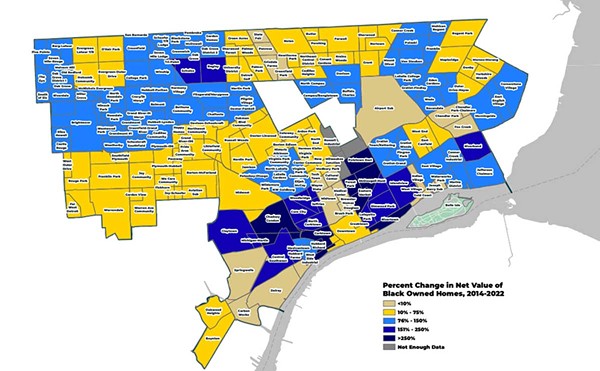Here’s an item that comes our way via the online mag motherjones.com:
Tens of thousands of American students may be denied federal financial assistance this year, as the Bush administration steps up enforcement of a 1998 law barring aid for a year or more to applicants with past drug convictions.
Last year only 8,620 students were denied assistance after admitting to a drug conviction on their aid applications. Another 300,000 left the “drug question” unanswered, but had their forms processed anyway. This year, however, the Education Department has announced that failing to answer the question will result in a rejected application. So far, with nearly 4 million applications processed out of an expected total of 10 million, almost 15,000 students have left the question unanswered, and some 27,000 have admitted to a drug offense.
“We’re talking at least 90,000 students who could be affected by this when it’s all said and done,” says Shawn Heller of Students for Responsible Drug Policy, which has helped convince more than 50 student governments to pass resolutions against the law. Organizations including the NAACP, the ACLU and the National Organization for Women have also come out against the statute, and Massachusetts Democratic Rep. Barney Frank has introduced a bill to repeal it.
None of that seems to have impressed Education Secretary Rod Paige, who decided this spring to begin stringently enforcing the law, according to Education Department spokesperson Lindsey Kozberg. “Congress passed legislation and our department is obliged to carry out that legislative direction,” she told reporters on April 17.
Admitting to a drug conviction does not automatically disqualify someone from receiving aid — depending on the severity of the conviction, students may still be eligible to receive partial funding. Still, for lower-income students even a partial aid loss can make higher education unaffordable.
“As a society, we should be asking ourselves if what we really want is a hundred thousand fewer kids in college,” says Chris Evans, campus coordinator with the Drug Reform Coordination Network.
Jamie K. McCallum writes for motherjones.com, where this article first appeared. News Hits is edited by Curt Guyette. He can be reached at 313-202-8004 or [email protected]




